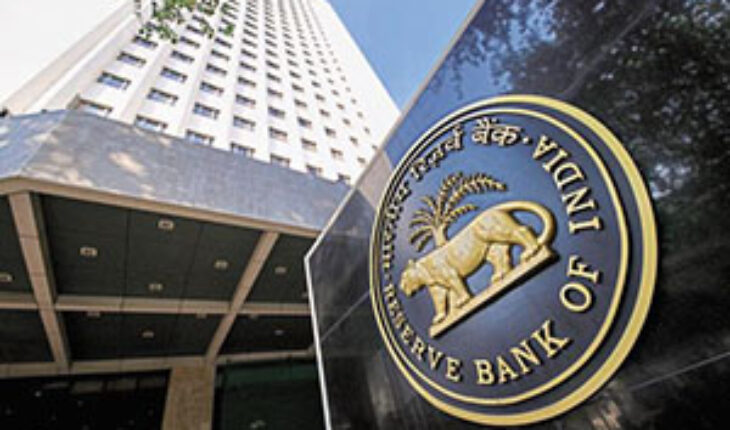In a bid to ease a liquidity squeeze afflicting the nation’s money markets, the Reserve Bank of India (RBI) has allowed banks to dip further into statutory cash reserves.
Banks could ‘carve out’ up to 15 per cent of holdings under the statutory liquidity reserves to meet their liquidity coverage ratio (LCR) requirements as compared to 13 per cent now, the apex bank said.
This resulted from a rise in the facility to avail funds for LCR to 13 per cent from 11 per cent, effective October 1, a PTI report quoted RBI as saying.
The move by the central bank follows concerns over tight liquidity conditions and banks’ unwillingness to lend to NBFCs, the report said.
RBI reportedly said it “stands ready to meet the durable liquidity requirements of the system through various available instruments depending on its dynamic assessment of the evolving liquidity and market conditions.”
Citing proactive steps taken in the last few days, RBI said it conducted open market operation (OMO) on September 19 and provided a liberal infusion of liquidity through term repos in addition to the usual provision via the liquidity adjustment facility (LAF).
It further said that another OMO will be conducted Thursday to ensure adequate liquidity in the system.
As of September 26, banks had availed of Rs 1.88 lakh crore through term repos from the Reserve Bank, the apex bank said in a statement. “As a result of these steps, the system liquidity is in ample surplus,” it was quoted as saying.
RBI further announced the relaxation in statutory liquidity ratio (SLR) requirement with effect from October 1, 2018. “This should supplement the ability of individual banks to avail of liquidity, if required, from the repo markets against high-quality collateral. This, in turn, will help improve the distribution of liquidity in the financial system as a whole,” it said.
Concerns of liquidity crunch were triggered following defaults by an IL&FS group company. It spread to non-banking financial companies (NBFCs), which in turn roiled financial markets, the report highlighted.
Cash reserve norms relaxed for banks to ease market liquidity
|
September 28, 2018 |






